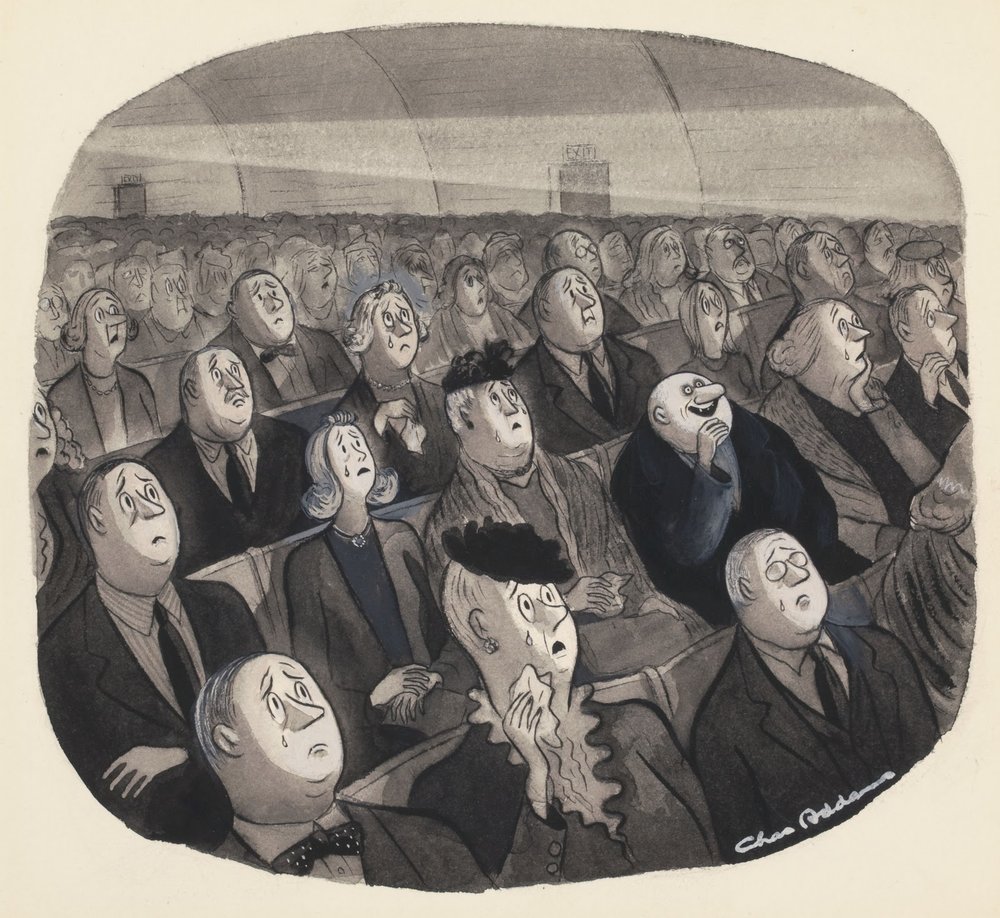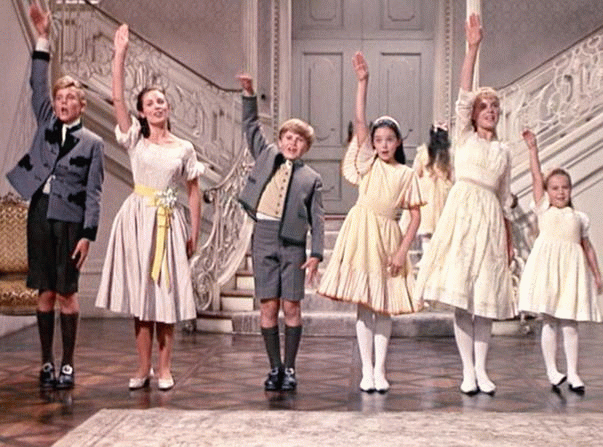Emotionally out of step
The other night I saw the movie A Monster Calls at a friend's house. It's about a boy, maybe 12 years old, whose father has left and whose mother is seriously ill. He's bullied at school, drifts through is days in his imagination, and eventually ends up living with his emotionally distant grandmother in a house where he is not allowed to touch anything. Oh, and he's visited by a talking tree man from the nearby churchyard who says he will tell him three stories, and then wants to hear one in return.
Everyone else was deeply moved by the movie, and several people were weeping near the end. Afterward, others talked about the good the animation of the tree man was.
I felt like an inadequate human being, because I really hated this movie.
 This is not me. Really.Every story the tree man tells the boy, Connor, comes complete with explanatory apparatus that makes clear what wholesome and psychologically empowering lesson the story imparts. Two are vaguely fairy-tale-like (one about a royal family with major communication problems, the second about a rationalist and therefore inevitably tragedy-bound parson, and a sullen apothecary with a failing business), the third just a nub to incent action in the story. And they aren't even stories, really. Without the excess commentary, they are just situations. And they rely a great deal on some nice watercolor illustrations--which Connor, the boy, can't actually see, because he's being told the stories, not watching them on the screen, making his experience even less adequate.
This is not me. Really.Every story the tree man tells the boy, Connor, comes complete with explanatory apparatus that makes clear what wholesome and psychologically empowering lesson the story imparts. Two are vaguely fairy-tale-like (one about a royal family with major communication problems, the second about a rationalist and therefore inevitably tragedy-bound parson, and a sullen apothecary with a failing business), the third just a nub to incent action in the story. And they aren't even stories, really. Without the excess commentary, they are just situations. And they rely a great deal on some nice watercolor illustrations--which Connor, the boy, can't actually see, because he's being told the stories, not watching them on the screen, making his experience even less adequate.
Beware of stories with explicit morals. Stories can bring us through conflict to resolution, but they allow us to do at least some of the work ourselves. At the end Connor is forced to bark out his realization of how he is coming to terms with his own frailty in the face of tragedy.
The tree man...oh, and the animation is so hyper-realistic there is nothing at all magical, ambiguous, or even disturbing about this big piece of shrubbery at all. Anyway, the tree man is voiced by Liam Neeson, who does a good job with some pretty wretched lines. I kept imagining him barking at someone who indicated some doubt about one of his stories, "I will find you, and I will explain it to you!"
 You really don't want him to do that
You really don't want him to do that
And he's a yew tree, which finally explains a mysterious verse from my childhood.
 So long, farewell, auf weidersehen, adieu, adieu, adieu, to yew and yew and yewAs if the over-explained stories weren't enough, there comes a point where two characters who have been in conflict hug each other in the face of tragedy as "This is a big emotional moment, folks!" music rises.
So long, farewell, auf weidersehen, adieu, adieu, adieu, to yew and yew and yewAs if the over-explained stories weren't enough, there comes a point where two characters who have been in conflict hug each other in the face of tragedy as "This is a big emotional moment, folks!" music rises.
Well, now I'm just being kind of mean. But this kind of thing takes all the fun out of...well, pretty much everything.
But I do have to emphasize that mine is a clearly minority opinion, among critics as among audiences. I am allergic to overt authorial manipulation, but many people welcome it. But that's an essay for another day.